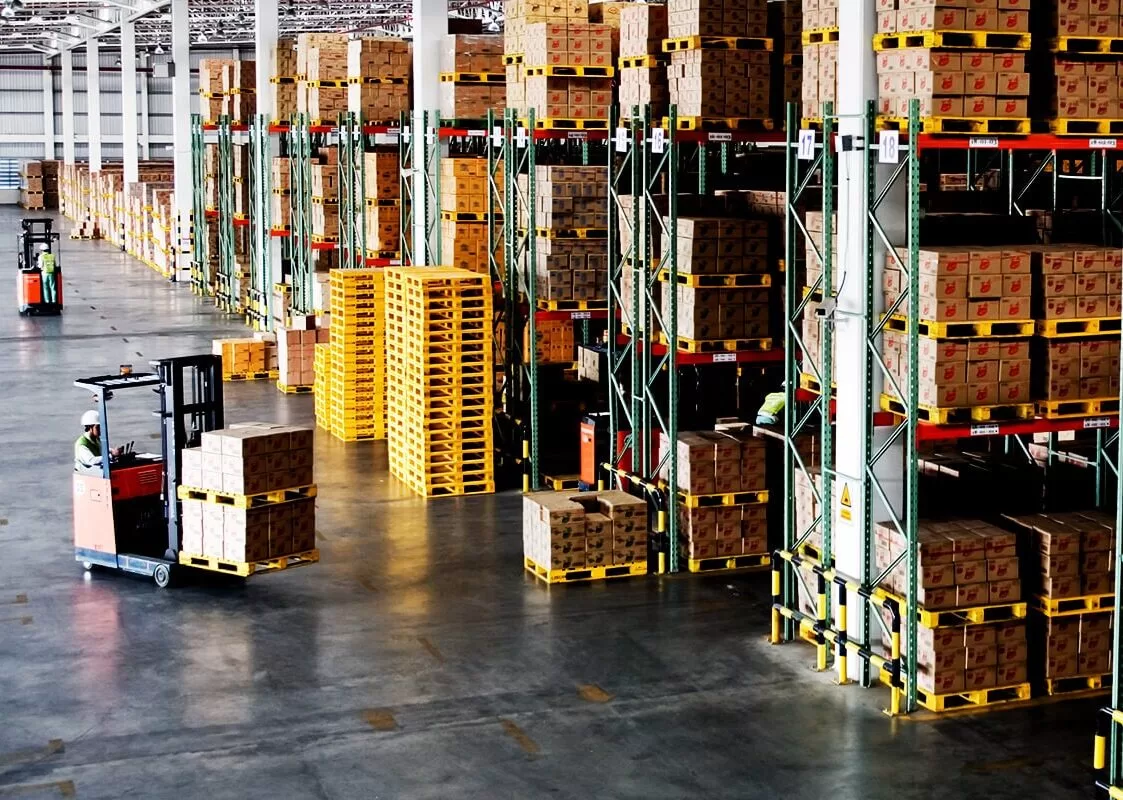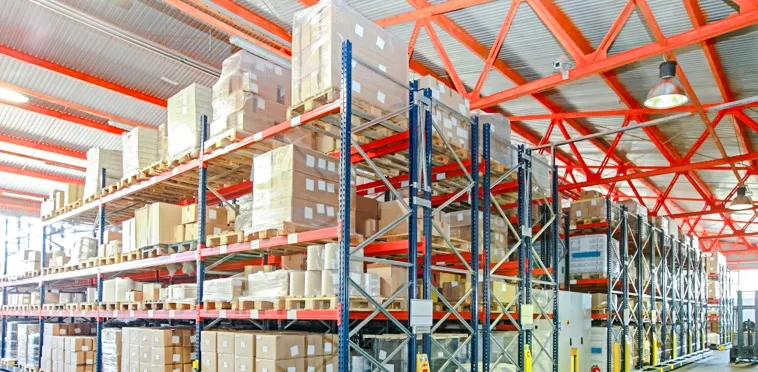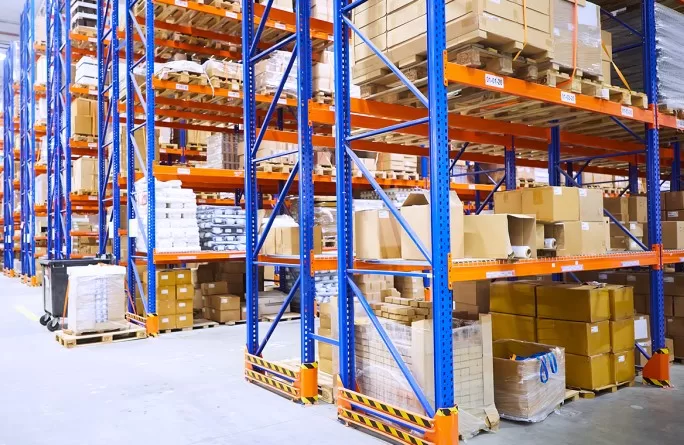Cargo Warehousing Service and Last-Mile Delivery: A Perfect Partnership
In today’s fast-paced logistics landscape, the synergy between Cargo Warehousing Service and last-mile delivery has become a cornerstone of efficient supply chains. As consumers demand faster, more reliable deliveries, businesses must rethink how they store, manage, and distribute goods. This partnership not only streamlines operations but also enhances customer satisfaction. Let’s explore how integrating Cargo Warehousing Services with last-mile strategies creates a seamless logistics ecosystem—and why it’s essential for modern businesses.
Cargo Warehousing Service: The Backbone of Efficient Last-Mile Delivery
Location is everything in logistics—Cargo Warehousing Service providers strategically position warehouses near urban centers to minimize last-mile delivery distances. For example, Amazon’s “micro-fulfillment centers” in cities like New York and Los Angeles cut delivery times by 50%, according to a 2023 McKinsey report.
By reducing transit distances, businesses lower fuel costs and carbon emissions. Walmart’s network of localized warehouses enables same-day delivery for 80% of its online orders. This proximity ensures products reach customers faster, turning logistical efficiency into a competitive edge.
Technology Integration: Bridging Warehousing and Delivery
Modern Cargo Warehousing Service relies on technology to sync with last-mile operations. Automated inventory systems, IoT sensors, and AI-driven demand forecasting ensure real-time stock visibility. DHL’s Smart Warehouse in Leipzig uses robots to sort items, slashing order processing time by 40%.
These technologies feed data to last-mile teams, enabling dynamic route optimization. For instance, UPS’s ORION system analyzes traffic and weather to adjust delivery routes instantly. This seamless integration reduces delays and boosts delivery success rates.
Cost Efficiency: Saving Money Across the Supply Chain
Combining Cargo Warehousing Services with last-mile delivery cuts costs at multiple levels. Centralized warehousing reduces storage expenses, while optimized delivery routes lower fuel and labor costs. A 2022 study by Grand View Research found that integrated logistics solutions save businesses up to 25% annually.
Take the case of FedEx’s Ground Economy service. Co-locating warehouses with regional hubs reduced last-mile costs by 18% while maintaining delivery speeds. For SMEs, shared warehousing models offer similar benefits without upfront investments.
Sustainability: Greening the Supply Chain
Eco-conscious consumers demand sustainable practices—and this partnership delivers. Cargo Warehousing Service providers are adopting solar-powered warehouses and electric delivery fleets. For example, Maersk’s “green warehouses” in Europe cut carbon emissions by 30% in 2023.
Last-mile innovations like bike couriers and EV vans further reduce environmental impact. A 2023 Deloitte survey found that 67% of consumers prefer brands with sustainable logistics. By aligning warehousing and delivery, businesses meet both regulatory and customer expectations.
Customer Experience: Speed and Transparency Win Loyalty
Fast, reliable deliveries hinge on warehouse efficiency. Cargo Warehousing Service ensures products are pre-sorted and ready for dispatch, accelerating last-mile processes. Real-time tracking systems, like those used by Shopify’s Delivery, let customers monitor orders from warehouse to doorstep.
During the 2023 holiday season, Target’s same-day delivery service achieved a 95% on-time rate by integrating warehouse management with localized delivery fleets. Such reliability builds trust and encourages repeat purchases.
Overcoming Challenges: Scalability and Flexibility
Rapid demand fluctuations test logistics networks. Cargo Warehousing Service providers address this through scalable solutions like on-demand storage and AI-driven inventory balancing. During peak seasons, companies like Flexe offer pop-up warehouses to handle overflow.
Companies like Instacart use gig economy drivers to scale delivery capacity instantly for last-mile agility. This flexibility ensures businesses adapt to market shifts without compromising service quality.
Cargo Warehousing Service and Last-Mile Delivery: The Future of Logistics
The partnership between Cargo Warehousing Service and last-mile delivery isn’t just efficient—it’s transformative. As automation, AI, and sustainability reshape logistics, this synergy will define success in the digital age. Companies that embrace this model will lead to speed, cost savings, and customer satisfaction.
The future is built on integration, from urban micro-warehouses to drone delivery hubs. Ready to optimize your supply chain? The perfect partnership starts with the right Cargo Warehousing Service.




